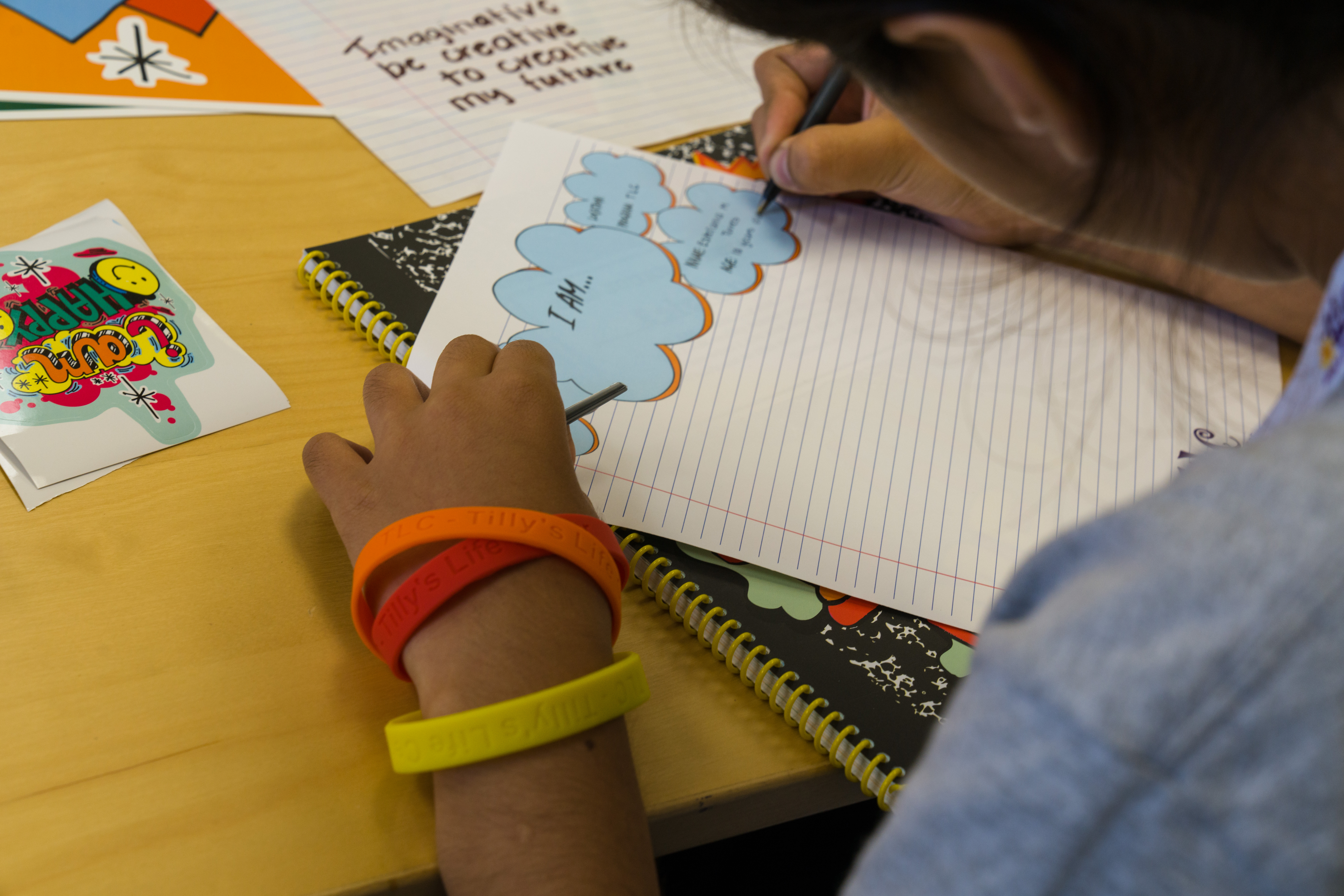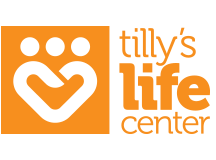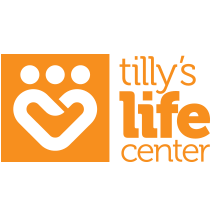
08 Mar Why Teaching SEL in Schools is as Important as State Standards
On Friday, March 11, we’ll be celebrating International SEL Day! This day is all about increasing awareness of the importance of social and emotional learning (SEL), particularly among teens. And in this rapidly changing world we live in — it seems like there’s never been a better time than right now.
Teens face a barrage of new stressors from all angles: from their peers, catching up in school, politics and current events, social media, family life, planning for their future, the list goes on. Now more than ever, students need resources that go beyond math, science, and history to help them cope with this new normal. While the benefits of social emotional learning (SEL) are immense and everlasting, these tools have yet to be fully integrated nearly enough into school districts across the country. In honor of this upcoming important day, let’s dive in to explore why SEL in schools is essential, and just as important as teaching state standards.
What is SEL?
SEL is a method of education and development that concentrates on helping students acquire skills, attitudes and techniques that can help them manage emotions and build interpersonal relationships. Students learn important aspects of life such as critical thinking, decision making, teamwork, managing emotions, and conflict resolution. As students learn about themselves and their emotions, they can begin to develop their identity, assess their feelings in productive ways, and build empathy towards themselves and others.
Why is SEL Important?
SEL provides a framework for teens to develop both personal and interpersonal relationship skills. Helping young people do well in their personal lives can make them better people, better peers, and better learners. When fostering positive growth in one aspect of teens’ lives, it can often work as a domino effect, spilling over into positive outcomes in other aspects of their lives. As students learn to make sense of, control, and understand complex emotions, they are better equipped to handle all of life’s many challenges. Moreover, SEL can help students manage stress and work in collaboration with peers — key skills required for academic success.
The Research
SEL can be broken down into five core competencies, according to the Collaborative for Academic, Social, and Emotional Learning (CASEL). These include self-awareness, self-management, decision-making, relationship skills, and social awareness.
According to CASEL’s research*:
“SEL interventions that address the five core competencies increased students’ academic performance by 11 percentile points, compared to students who did not participate.”
CASEL also found that:
“Students participating in SEL programs showed improved classroom behavior, an increased ability to manage stress and depression, and better attitudes about themselves, others, and school.”
Supporting Equity
As we work to promote diversity and inclusion in all classrooms, students will inevitably meet and interact with other students from a wide variety of backgrounds. As values, belief systems, and other opinions intertwine, it is vital that students have the resources they need to cooperate, co-exist, and build respect. Effective SEL programs foster uniqueness among individuals and their varying strengths and skill sets. They promote partnerships within schools, families, and communities as well as strong interpersonal relationships among individuals. SEL in schools sets a high bar for a meaningful curriculum with lessons essential for student growth. Perhaps most importantly, this practice requires continuous evaluation of the quality and fairness of teaching material and learning environments.
SEL in Action
With integration of SEL curriculum into regular academics, students can work towards becoming their most fulfilled, productive selves. Social and emotional skills are essential for teens to truly excel in life. In reality, lessons that promote personal, academic, and professional growth are equally as important as common core classes like math, science, and history. Forming relationships with peers, professors, and parents can be instrumental to teens’ growth – arguably much more so than an advanced algebra class! Students need SEL to be prepared to face new challenges as they mature, and especially in the (sometimes) unforgiving realm of college or the workforce.
At Tilly’s Life Center, our mission is to help young people acquire the skills they need to live happy, healthy, productive lives. Our curriculum provides educational resources that support teen mental health through the benefits of social emotional learning. To learn more about our programs, visit us at www.tillyslifecenter.org.
*Source: https://casel.org/fundamentals-of-sel/what-does-the-research-say/


